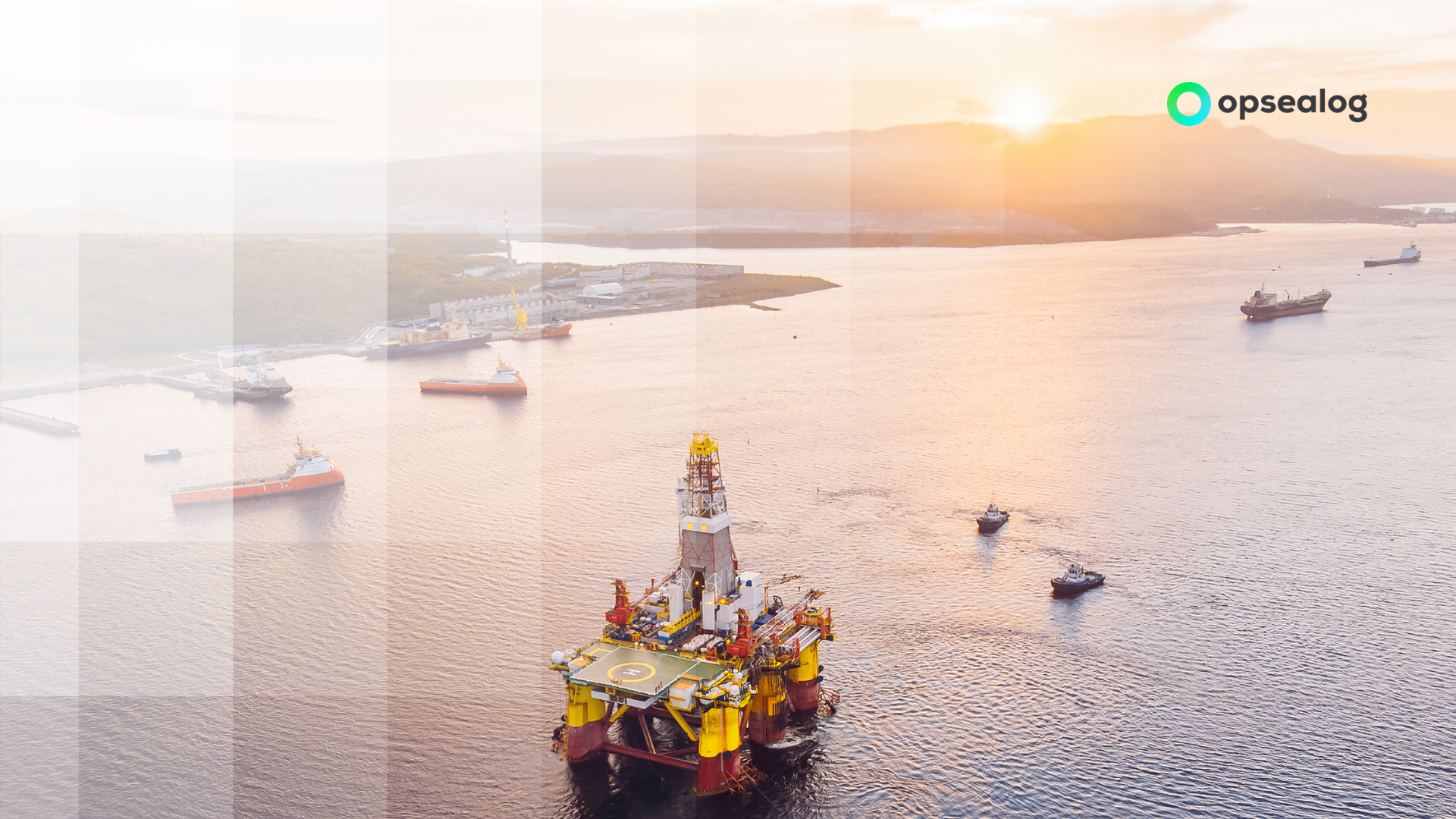A guide on how emerging data standardisation initiatives will revolutionise the offshore support vessel market
Opsealog is at the forefront of maritime innovation, advocating for the critical role of data standardisation in the offshore industry. Our latest white paper provides in-depth analysis and actionable insights into how standardised data can enhance operational efficiency, ensure regulatory compliance, and support environmental sustainability.
Why is it important?
In an increasingly digital maritime landscape, data standardisation is essential for optimising operations. Standardised data enables seamless communication, reduces manual errors, and supports real-time decision-making. By adopting data standards, maritime companies can streamline processes, meet IMO and EU regulations, and improve ESG performance, paving the way for a more sustainable and efficient future.
What are the key benefits?
- Operational Efficiency: Standardised data formats reduce complexity, making integrating and analyzing information across different systems easier.
- Regulatory Compliance: Meet growing reporting requirements effortlessly with standardised datasets that align with international regulations.
- Environmental Sustainability: Leverage data to track and reduce emissions, enhancing your company’s environmental footprint.
Opsealog’s white paper delves into the challenges and opportunities presented by data standardisation in the maritime sector. By analysing current industry initiatives like the Smart Maritime Council and Energy LEAP, we illustrate how data standards are already transforming operations and setting new benchmarks for the industry.
Stay ahead in the maritime digital revolution. Download our white paper: “Creating Value from Data Standardisation – A guide on how emerging data standardisation initiatives will revolutionise the offshore support vessel market” by completing the form below:
Download the White Paper:
Join the ranks of industry leaders who are embracing data standardization to drive efficiency, compliance, and sustainability. Want to learn more about Opsealog’s data integration and analysis services for the maritime and offshore sectors? Contact us or Book a demo.

